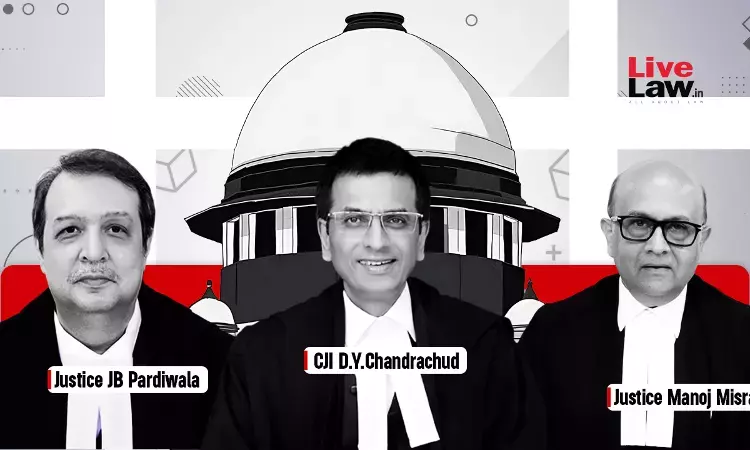The Supreme Court on January 3, while setting aside the directions of the Allahabad High Court to take into custody two Secretaries of the Uttar Pradesh Government for alleged non-compliance of directions regarding the facilities to retired judges, expressly stated that the High Court Chief Justices acting on the administrative side do not have any powers to usurp the rulemaking responsibility...

